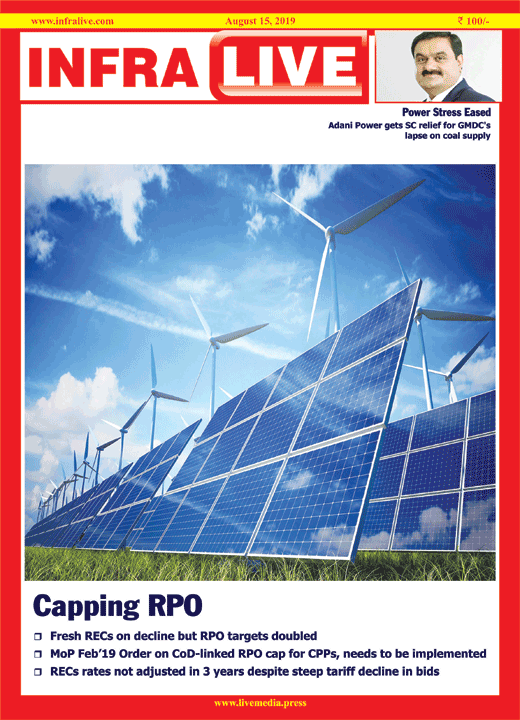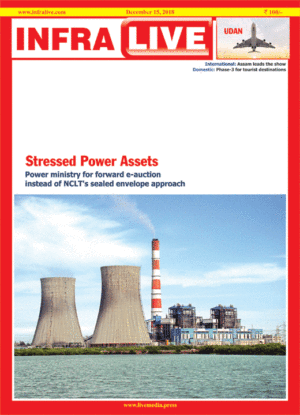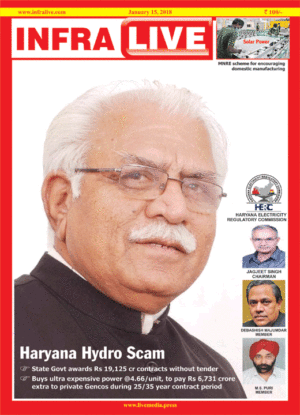What should be the Renewable Power Obligation (RPO) of industries with Captive Power Plants? The Ministry of Power (MoP) had taken a balanced decision in its order dated Feb 1, 2019, wherein it had linked RPO cap with date of completion (CoD) of CPPs. This decision was arrived at after consultations with the Ministry of Renewable Energy (MNRE). The order said three things. First, the RPO of the CPP will be pegged at the RPO level which was applicable in the year of commissioning of the plant. Second, for capacity additions to the CPP, additional RPO will have to be met for the year in which this is created. Third, if additional fossil fuel capacity is not created, an increase of RPO is not required. This was a realistic and fair order.
However, no sooner had the decision been arrived at, vested interest groups started lobbying for the withdrawal of the order on the ground that it was counterproductive to the target of 175 GW of capacity of renewable energy set by the government to be achieved by 2022. The lobbyists also said that capping RPO for CPP would mean higher RPO for discoms. Pursuant to this, MNRE has done an about turn and is not consenting to what it had agreed earlier.
CoD linked RPO for CPP is needed and the February 2019 order must be implemented. Affected industries have submitted an exhaustive list why this needs to be done. These are too compelling factors and cannot be ignored.
Renewable power is not available 24×7, there are variations during the day and also for the course of the year. The industries on the other hand, run 24×7 and cannot shift load variably. Banking and wheeling of RE power is not permissible thus the issue of variability cannot be addressed. Power and steam design and usage of RE create generation challenges resulting in the plant operating at part load, which in turn let off more emissions in the environment. Discoms are not signing PPAs for RE at Average Power Purchase Cost (APPC) levels therefore CPPs are unable to get Renewable Energy Certificates (RECs). Alongwith with technical difficulties there exists regulatory hindrances for CPPs to meet RPO requirements. Current RE Regulations are not in favour of Captive Renewable Power or REC based renewable power plants, as net metering is permitted only up to 1 MW.
Achievement of RE targets does not hinge on RPOs of CPP. Solar and wind power tariffs have come down, and are being fed into the grid. On the other hand, an expensive RPO liability which does not consider realistic caps increases cost to the industry and the products it produces. Our cover story includes statistical charts and all the legal details on the subject.




